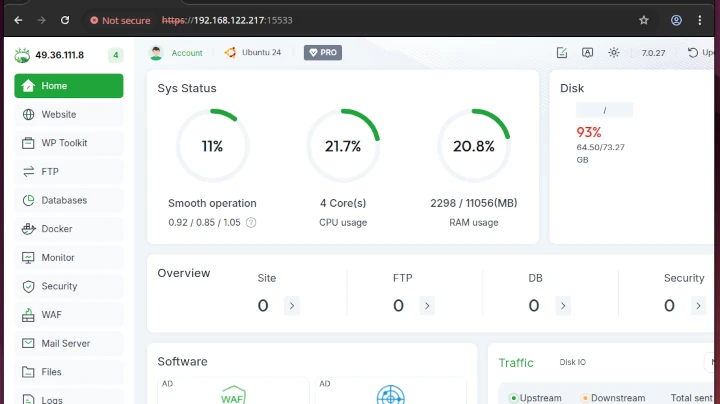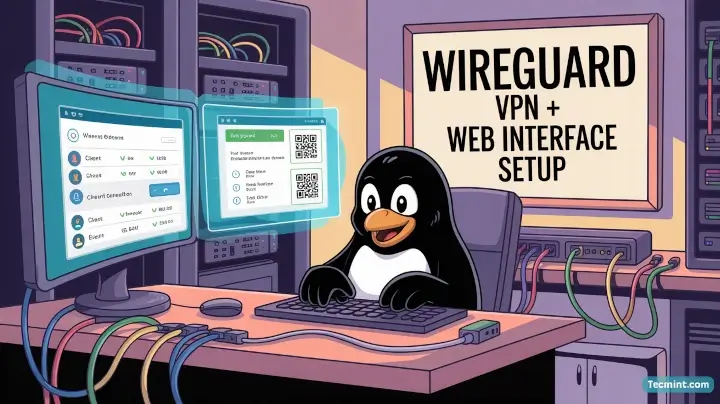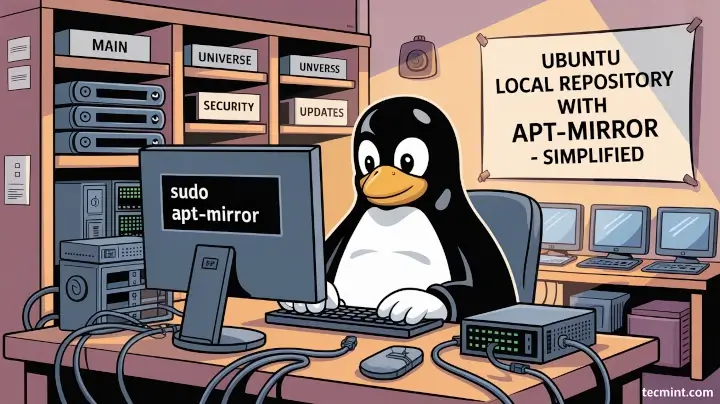Before you proceed in this article, we strongly recommend you to go through our last article, where we’ve instructed a step-by-step guide on how to Compile and Install Kernel 3.16 (most recent stable release) on Debian GNU/Linux, even if you are not running Debian. The former contains a lot of information and statistics which you should know, no matter you are running which Linux distribution.
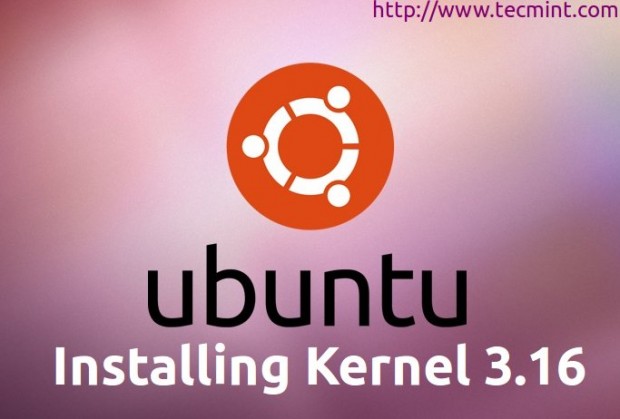
In the last article we compiled and installed Debian Gnu/Linux, the Debian way and tried to simply the things as far as possible. This article aims at Installing the latest Linux Kernel 3.16 on Ubuntu and its derivatives which includes – Linux Mint, Pinguy OS, Peppermint Five, Deepin Linux, Linux Lite, Elementary OS, etc.
Installing Latest Linux on Ubuntu and derivatives can be Manual which is more configurable and more on a Monolithic side, since you have option to Select required packages and nothing extra but requires knowledge and little hard work.
On the other hand there is a way to install latest kernel on Ubuntu the Ubuntu way. Moreover it is risk free.
Requirements
Installing kernel, the later way requires 3 different files to be installed.
- Linux Headers
- Linux Headers Generic
- Linux Image
Step 1: Downloading Kernel 3.16 Packages
First, go the following link and download the required files, as per your architecture (x86 and x86_64), which is suitable for you and install them using dpkg. reboot and done.
We will be carrying out all of these commands in step-by-step fashion. For demonstration purpose, we’ve taken Ubuntu 14.10 (Utopic) distribution as an example for installing Kernel 3.16, but same instructions will also work on other Ubuntu versions and derivatives.
For 32-bit Ubuntu and Derivatives
Download Kernel Headers, Headers Generic and Linux Image.
$ wget -c http://kernel.ubuntu.com/~kernel-ppa/mainline/v3.16-utopic/linux-headers-3.16.0-031600_3.16.0-031600.201408031935_all.deb $ wget -c http://kernel.ubuntu.com/~kernel-ppa/mainline/v3.16-utopic/linux-headers-3.16.0-031600-generic_3.16.0-031600.201408031935_i386.deb $ wget -c http://kernel.ubuntu.com/~kernel-ppa/mainline/v3.16-utopic/linux-image-3.16.0-031600-generic_3.16.0-031600.201408031935_i386.deb
For 64-bit Ubuntu and Derivatives
$ wget -c http://kernel.ubuntu.com/~kernel-ppa/mainline/v3.16-utopic/linux-headers-3.16.0-031600_3.16.0-031600.201408031935_all.deb $ wget -c http://kernel.ubuntu.com/~kernel-ppa/mainline/v3.16-utopic/linux-headers-3.16.0-031600-generic_3.16.0-031600.201408031935_amd64.deb $ wget -c http://kernel.ubuntu.com/~kernel-ppa/mainline/v3.16-utopic/linux-image-3.16.0-031600-generic_3.16.0-031600.201408031935_amd64.deb
Step 1: Installing Kernel 3.16 in Ubuntu
Before we proceed to install, lets check all the downloaded files are at same location or not, it will save us from installing 3 different packages individually.
$ ls -l linux*.deb
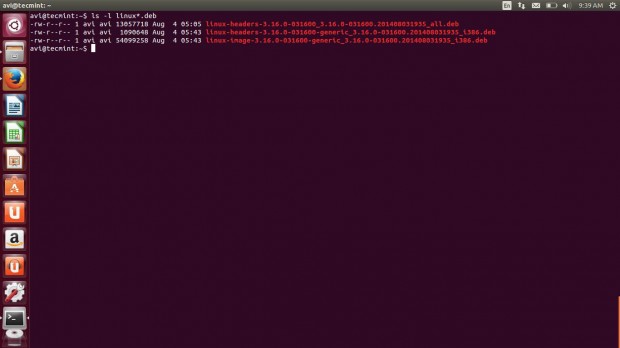
Next, install the all the ‘.deb‘ packages in one fire.
$ sudo dpkg -i linux*.deb
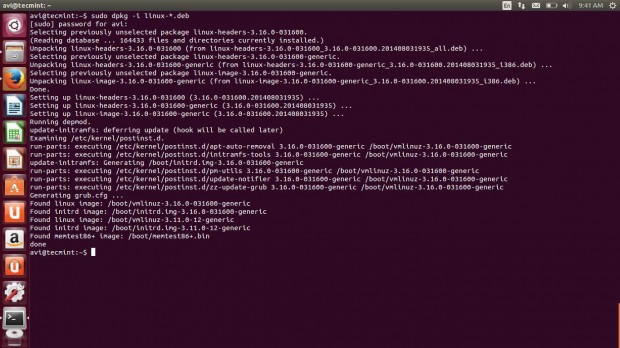
It may take a while depending upon your machine processing power. Once the installation is successful reboot the machine and login to new kernel.
$ sudo reboot
Note: It is important to notice any error message at boot time if any, so that it can be used to resolve the issue.
Once, system boots up correctly, verify the latest Kernel installed version.
$ uname -mrns
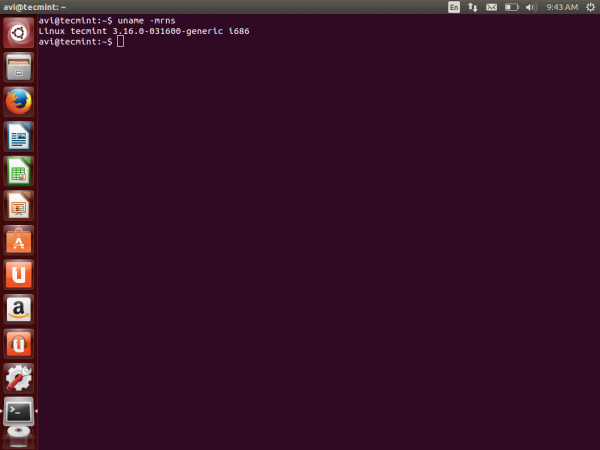
Step 3: Removing Old Kernel
Remove old kernel, only if your current kernel is working perfectly, you really want to remove old kernel and you know what you are doing. Then you can use the following commands to remove old kernel.
$ sudo apt-get remove linux-headers-(unused kernel version) $ sudo apt-get remove linux-image-(unused-kernel-version)
Once, you remove sucessfully, reboot the machine. Your previous kernel is no longer there. You are done!.
It is worth mentioning – that Kernel 3.16 is going to be released officially with Next Major release of Debian 8 (Jessie) and Ubuntu 14.10 (Utopic Unicorn).
That’s all for now. With covering latest kernel installation on Debian, its derivative (Ubuntu) and derivatives – Mint, Pinguy OS, Elementary OS, etc. We have done with almost half the Linux distos. I’ll be here again with another interesting and worth knowing article soon.
Till then stay tuned and connected to Tecmint and don’t forget to provide us with your valuable feedback in the comments below.

